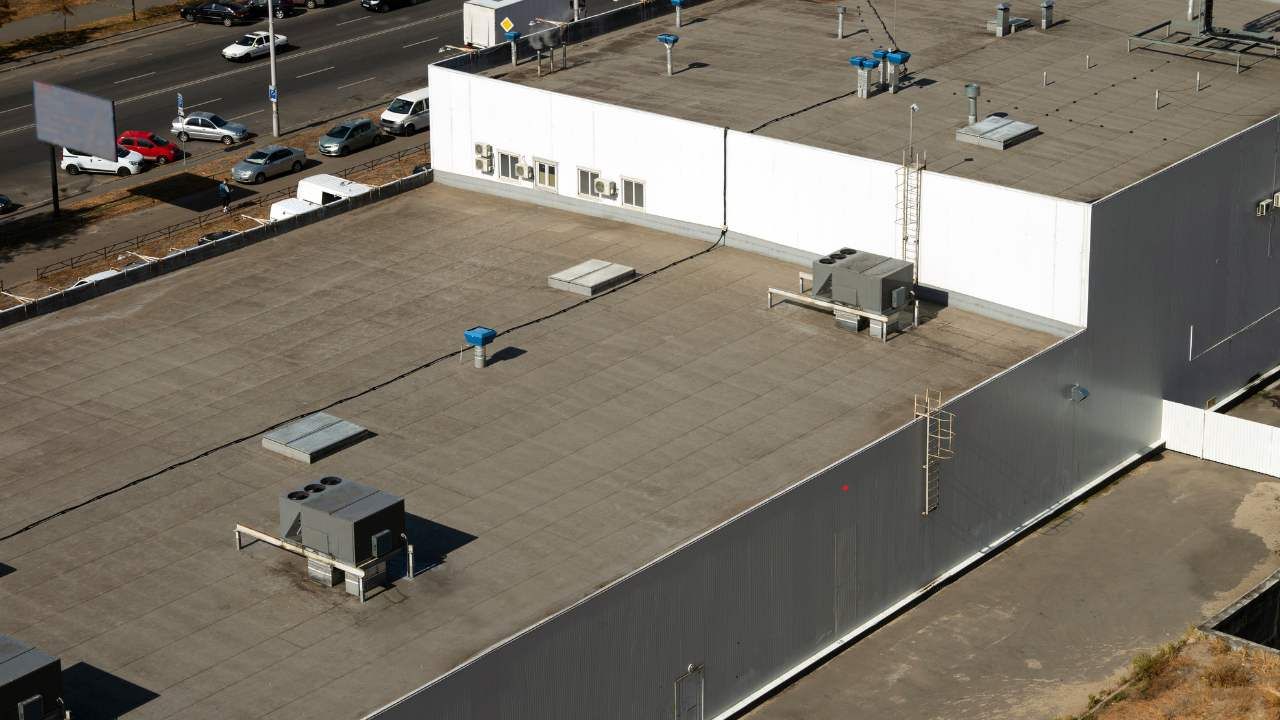What Makes Commercial Roofing Different from Residential?

When most Alabama homeowners think about roofing, they picture shingles, gutters, and maybe the occasional roof leak after a heavy storm. But the roofing needs of a business or large commercial property are a whole different world. While both types of roofing share the same purpose—protecting what’s underneath—commercial roofing and residential roofing are built, installed, and maintained in very different ways.
In this article, we’ll break down the key differences, so you’ll understand why hiring experts in commercial roofing services matters when it comes to protecting your business. We’ll also highlight how trusted local companies like Royal Roof Contractors LLC bring specialized knowledge to the table, including the use of modern protective systems such as a roof shield.
Size and Scale of the Job
One of the most obvious differences between residential and commercial roofing is size. Homes in Alabama generally have pitched roofs with a relatively simple design. By contrast, commercial buildings often have expansive flat or low-slope roofs that stretch across thousands of square feet.
This sheer size affects everything:
- The materials used
- The installation process
- The equipment required
- The time and labor needed
A small crew might finish a residential roof in a few days, but a commercial roof can take weeks due to its complexity and the amount of surface area to cover.
Design and Functionality
Residential roofs are designed with aesthetics in mind. Homeowners want their roof to complement the style of their house while still offering protection. That’s why asphalt shingles, clay tiles, or metal roofing are so popular.
Commercial roofs, however, prioritize functionality and efficiency. Since many businesses house HVAC systems, exhaust fans, or solar panels on their rooftops, commercial roofing must accommodate heavy equipment and foot traffic. Flat or low-slope designs are chosen to maximize usable space and make maintenance more practical.
The drainage systems also differ. While residential roofs naturally shed water due to their pitch, commercial roofs require carefully designed drainage solutions to avoid pooling water, which can damage materials and shorten the roof’s lifespan.
Materials Used
Another major difference is the materials chosen for each type of roof. Residential roofs rely on shingles, wood, or tiles that balance beauty with durability.
Commercial roofing often uses:
- TPO (thermoplastic polyolefin) or EPDM membranes
- Built-up roofing (layers of tar and gravel)
- Modified bitumen
- Metal panels
These materials are selected for their ability to withstand heavy use, resist weathering, and provide energy efficiency. For example, reflective materials are often used on commercial roofs to reduce cooling costs—a huge benefit in Alabama’s hot summers.
Installation and Maintenance
Residential roofing typically involves straightforward installation, often handled by a small team using standard tools. Once installed, it only requires occasional inspections and minor repairs.
Commercial roofing, however, is much more specialized. It requires advanced equipment like cranes and welding tools, as well as crews with technical expertise in handling large-scale projects. Maintenance is also more intensive. Regular inspections are necessary to check for leaks, wear around HVAC units, and drainage issues.
A strong maintenance plan is critical for businesses because roof problems can disrupt operations, damage equipment, and lead to costly downtime.
Case Study: A Local Business Experience
A small manufacturing company in Birmingham recently faced serious leaks in their flat roof during a summer storm. Instead of opting for patch repairs, they partnered with a commercial roofing contractor who recommended installing a reflective membrane system. The upgrade not only solved the leak issues but also lowered their energy bills by 15% during peak cooling months. The business quickly realized that investing in a durable, well-designed commercial roof was about more than protection—it also improved their bottom line.
Why It Matters for Alabama Property Owners
Whether you’re protecting your family home or running a business, your roof is one of the most important investments you’ll make. Understanding the differences between residential and commercial roofing helps you choose the right contractor, the right materials, and the right maintenance plan.
For Alabama business owners especially, commercial roofs demand expertise. With larger sizes, heavier equipment, and specialized materials, you need professionals who know the unique challenges involved.
Final Thought: A roof isn’t just a cover—it’s a system that safeguards your property, operations, and people. If you’re a business owner in Alabama, take time to find a contractor who understands the complexities of commercial roofing. Your investment today can save you headaches, expenses, and disruptions tomorrow.
Ready to protect your business? Get in touch to learn about your commercial roofing options.
Ready to work with Royal Roof Contractors?
Let's connect! We’re here to help.
Send us a message and we’ll be in touch.
Or give us a call today at (205) 274-7663

